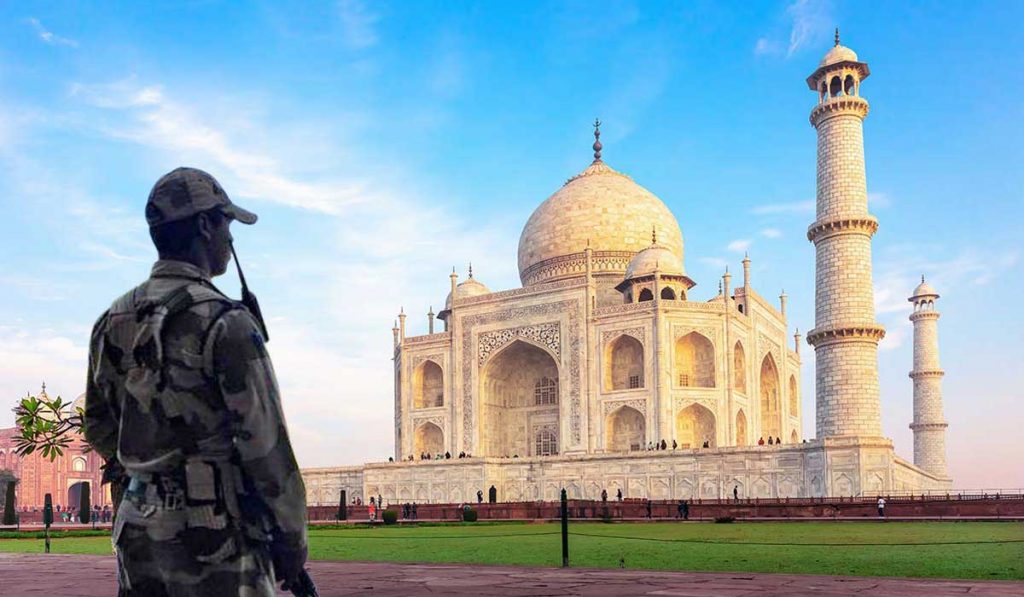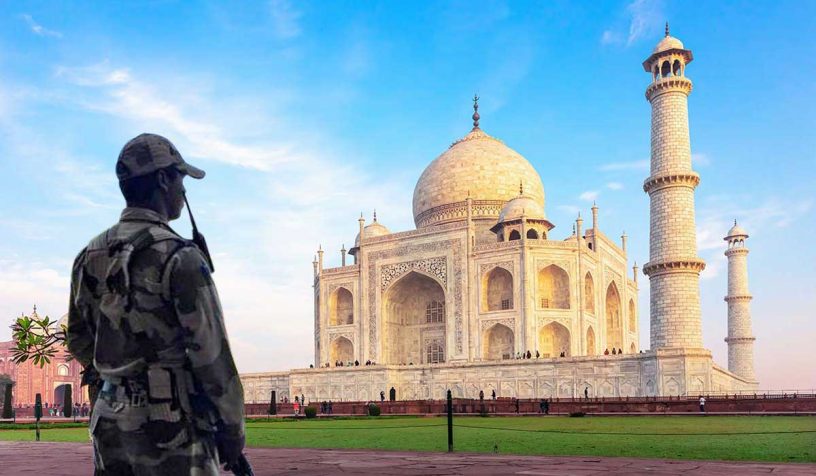
The researcher argues that allegations of aggression and criminality levelled against tourism entrepreneurs pave the way for non-state actors, like the media and tourists, to engage in monitoring and regulating local entrepreneurs.
Author
Riddhi Bhandari, Assistant Professor, Jindal School of Liberal Arts and Humanities, O.P. Jindal Global University, Sonipat, Haryana, India.
Summary
This paper analyses allegations of aggression and criminality levelled against ambulant tourism entrepreneurs, such as tour guides and photographers, who work around the Taj Mahal in Agra, India, to understand how they experience neo-liberalisation in their everyday economic lives.
The researcher argues that these allegations function as technologies of neo-liberal governance through which non-state actors, like the media and tourists, engage in monitoring and regulating local entrepreneurs.
Consequently, entrepreneurs experience neo-liberalisation in India in a paradoxical form: at once as a withdrawal of the Indian state from spaces it previously occupied and the simultaneous extension of governmentality, visible through increased public scrutiny.
Published in: South Asia: Journal of South Asian Studies
To read the full article, please click here.


